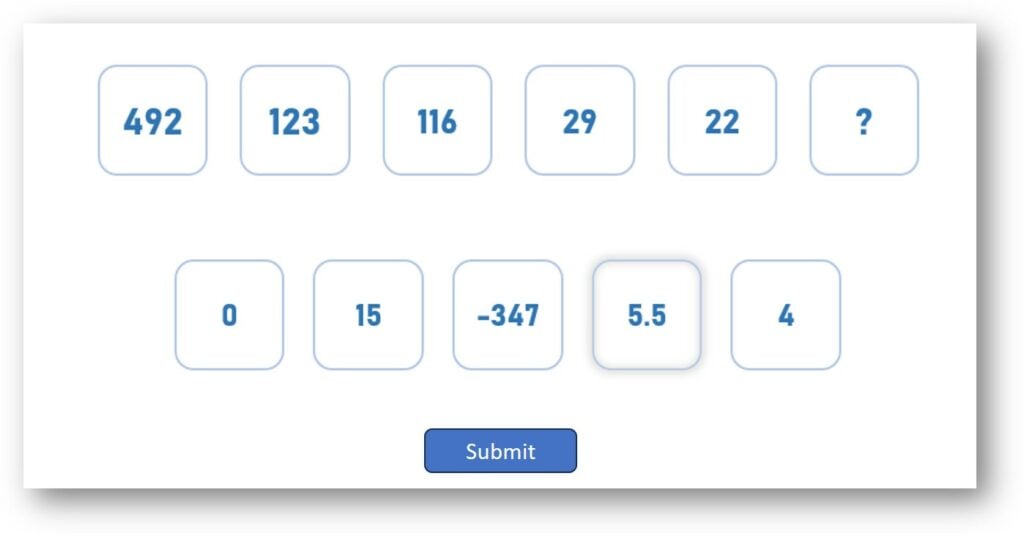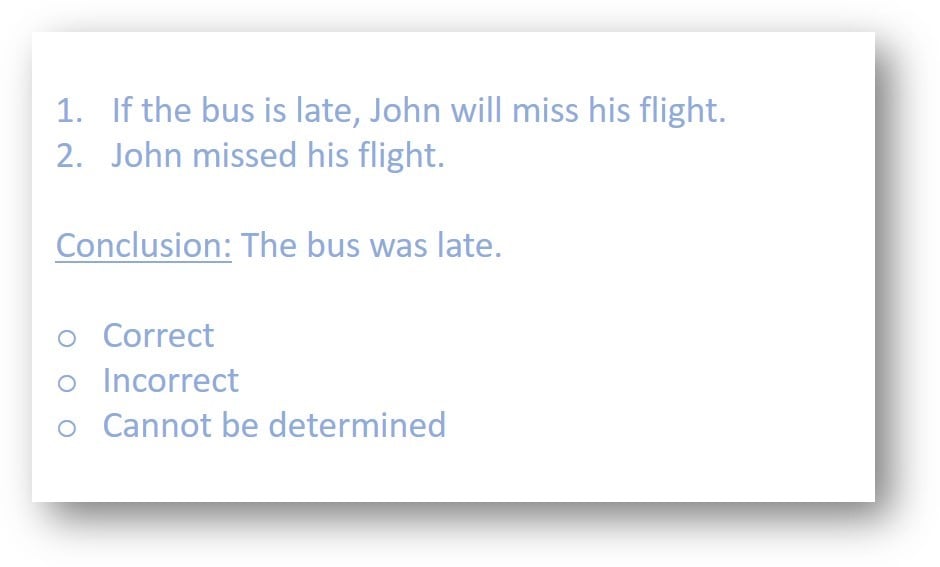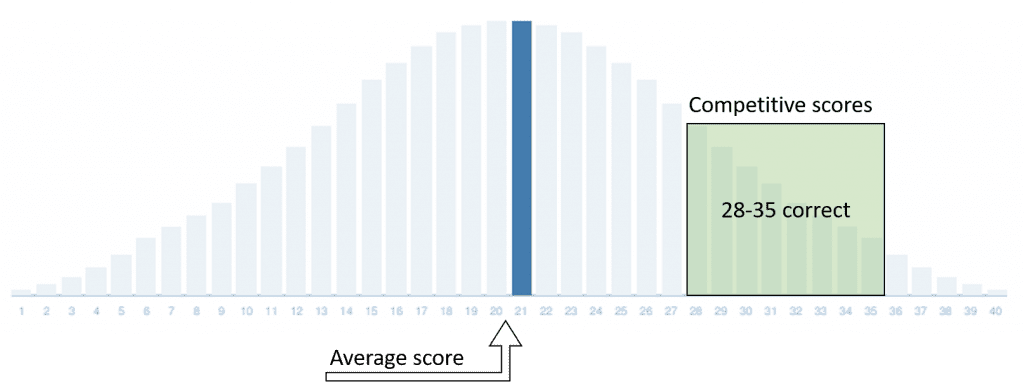Hi there,
Will you be taking the Criteria Universal Cognitive Aptitude Test, or UCAT, soon? You’ve come to the right place!
- Review all you need to know about the test’s topics with sample questions
- Take a free, 20-question UCAT-style practice test + a detailed score report
- Enroll in a prep course that will help you ace the UCAT test
- Get answers to any question you have about Criteria’s assessment.
What is the UCAT?
The Universal Cognitive Aptitude Test, or UCAT, is an aptitude test published by Criteria Corp. It measures general cognitive aptitude and is often used for pre-employment purposes for mid to high level positions, for international and non-native English speaking candidates. The test is very similar to the Criteria Cognitive Aptitude Test (CCAT), with the only difference being that the CCAT has verbal reasoning questions.
Since this test does not focus on language, its emphasis is more on problem solving, data interpretation, and analytical abilities.
Test Content
The UCAT contains 40 questions and takes 20 minutes to complete. Each question is worth one point, and you do not lose points for answering questions incorrectly. Questions also become increasingly difficult as you progress through the test. There are four main categories of questions on the UCAT:
Numerical Reasoning
These questions will evaluate your ability to work with and understand numbers. Question types include number series, word problems, and fraction value. You may also be presented with graphs, tables and data that will have to interpret in order to correctly answer a question. It is recommended that you bring scratch paper for calculations since you cannot use a calculator.


Logical Reasoning
Logical Reasoning questions will assess your ability to think critically and draw conclusions. These question types include deductive reasoning or seating arrangement questions, which will ask you to be able to arrange things in order based on given information; and assumptions and conclusions, which will ask you to determine whether or not a conclusion is true or not based on some assumptions that are presented to you.
Spatial and Abstract Reasoning
These questions will assess your ability to visualize and sort shapes. You will have to manipulate shapes in space, understand patterns, and be able to determine what comes next in a sequence. Question types include shape series, matrices, odd one out, and spotting differences between similar figures.
Attention to Detail
This section will test a very specific skill, which is your attention to detail. You will be presented with tables and figures and will be asked to spot how many are duplicates. Unlike Spatial Reasoning questions, these tables and figures may also include numbers and letters. You will have to pay close attention to the figures to spot if there are any differences or if they are identical.
Free UCAT Practice Test
Curious to see how you'd do on Criteria's UCAT? Try our Free UCAT practice test! The test has 20 questions and takes 10 minutes. When you finish, you'll see a detailed score report with answers.
Take our free testHow is Your UCAT Score Calculated?
Upon completion, your score report is sent to the employer administering the test. The score report will show a raw score, a percentile ranking, sub scores for specific categories, and finally it will show how your score compares to the recommended score ranges for specific positions.
The first part of your score report, the raw score, is simply the number of questions you answered correctly out of 40. A raw score of 25 would mean you answered 25 questions correctly. Your raw score is only based on the number of questions answered correctly; you do not lose points for skipping questions or answering questions incorrectly. The average score for the UCAT is usually around 20. A score of 26 is roughly in the 75th percentile, a score of 30 is in the ~85th percentile, and a score of 33 is in the 97th percentile.
The second part of your score report, the percentile ranking, shows how your score compares to others who took the test. For example, if you answered 20 correctly, it would correspond to a percentile rank of 50, meaning that you scored higher than 50% of people who took this test.
The third part of your score report will show a breakdown of how you performed in specific subcategories. Each subcategory will have its own percentile score. The four subcategories are Logic & Analysis, Numerical Reasoning, Attention to Detail, and Spatial Reasoning.
The last part of the score report shows recommendations for specific positions based on your score. It will show how your score compares to average score ranges for different positions, and whether or not you would be an ideal fit. For example, the score range for an analyst is 22-35, while the score range for a software engineer is 19-33. If you scored a 20, it would show you as a fit for the software engineer position, but not for the analyst position.
You can view UCAT’s sample score report to see exactly how this will look.
FAQs
The UCAT is a version of the CCAT test that was simply stripped of the topics that have a strong focus on English vocabulary. Thus, the UCAT does not include question types such as antonyms, sentence completion, and analogies.
It is a challenging test, yes. You have 20 minutes for 40 questions, a pretty stressful time limit. In addition, the topics included in the test are also seen on the CCAT test, which is considered one the more difficult aptitude tests in the market.
20 correct answers will put you with the average population’s score. If you get to 30 correct answers and above, you’ll get a competitive score. This is definitely doable if you prepare in advance.
No, calculators are not allowed on the UCAT.
CriteriaCorp provides very limited information on how to prepare for the Criteria UCAT,and still it is important to review these pages:
Official CCAT sample questions: Since the CCAT and UCAT share many topics, you can scroll down to review the math and spatial reasoning sample items.
Score higher on the UCAT Test
Our prep course includes everything you need to improve your performance on CriteriaCorp's UCAT test. Get aceess for Only $29!
See course details

















